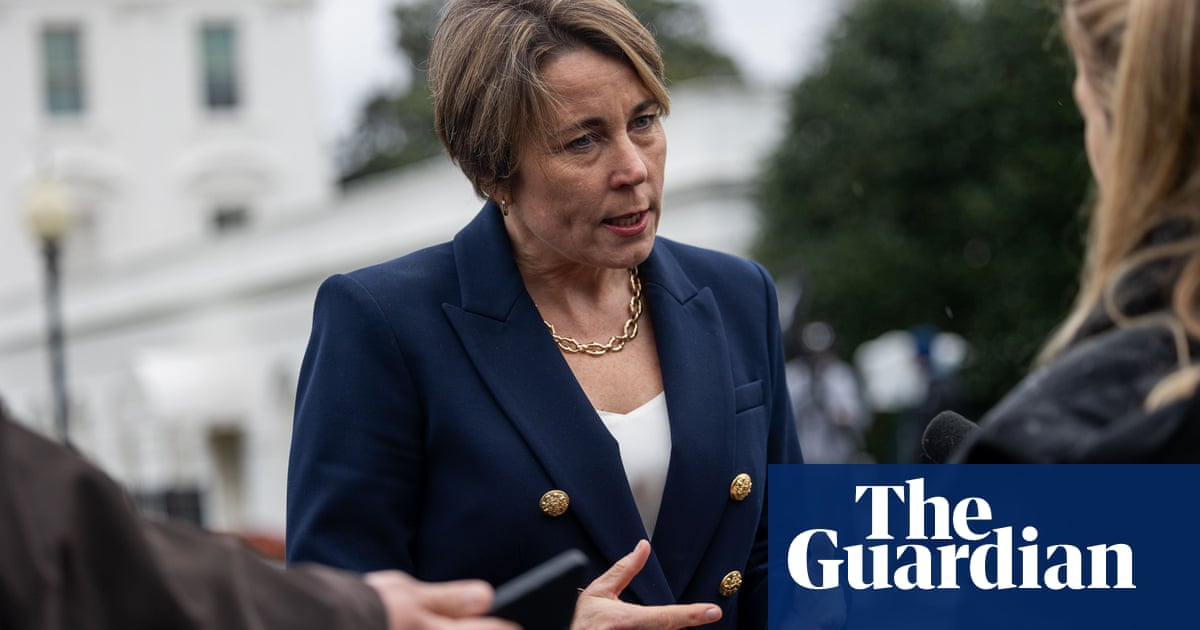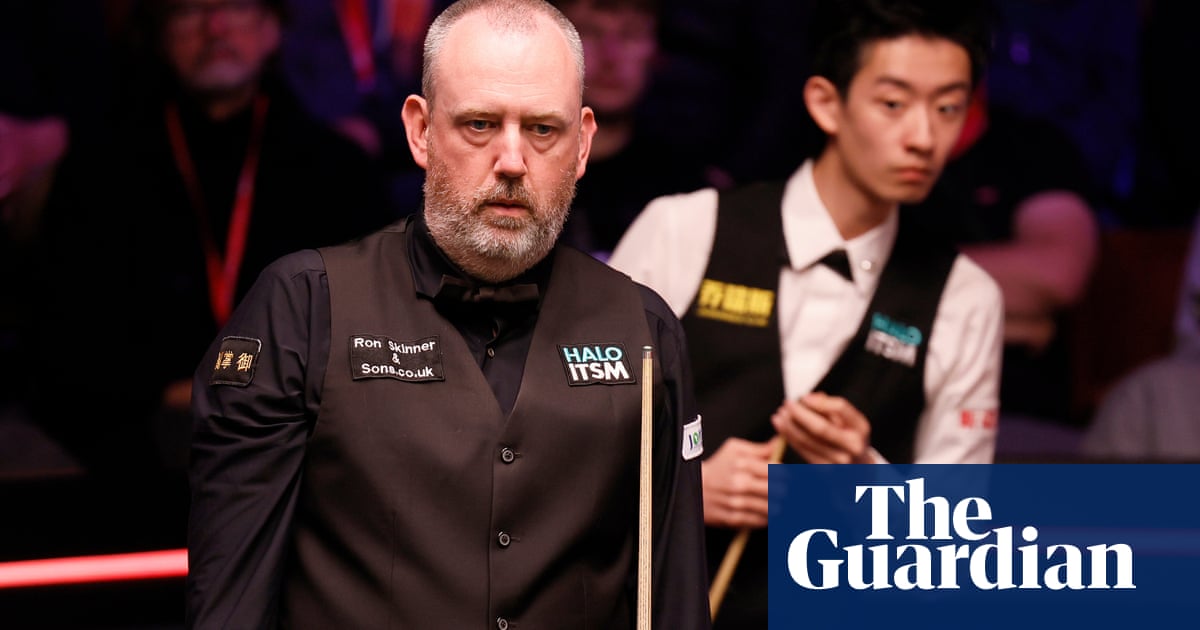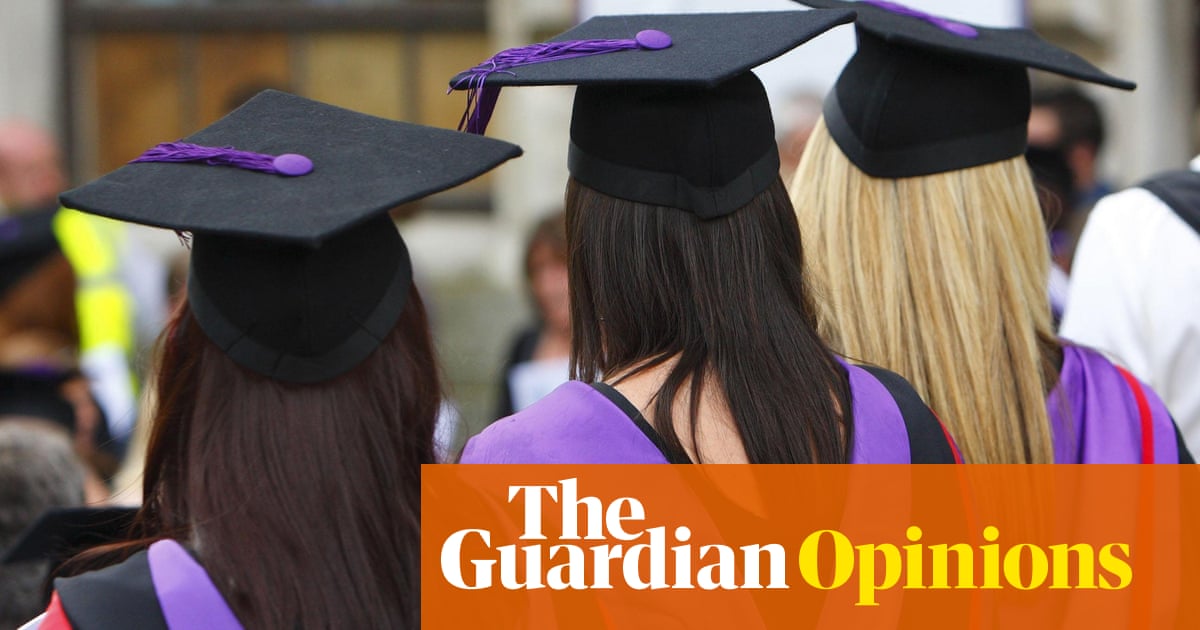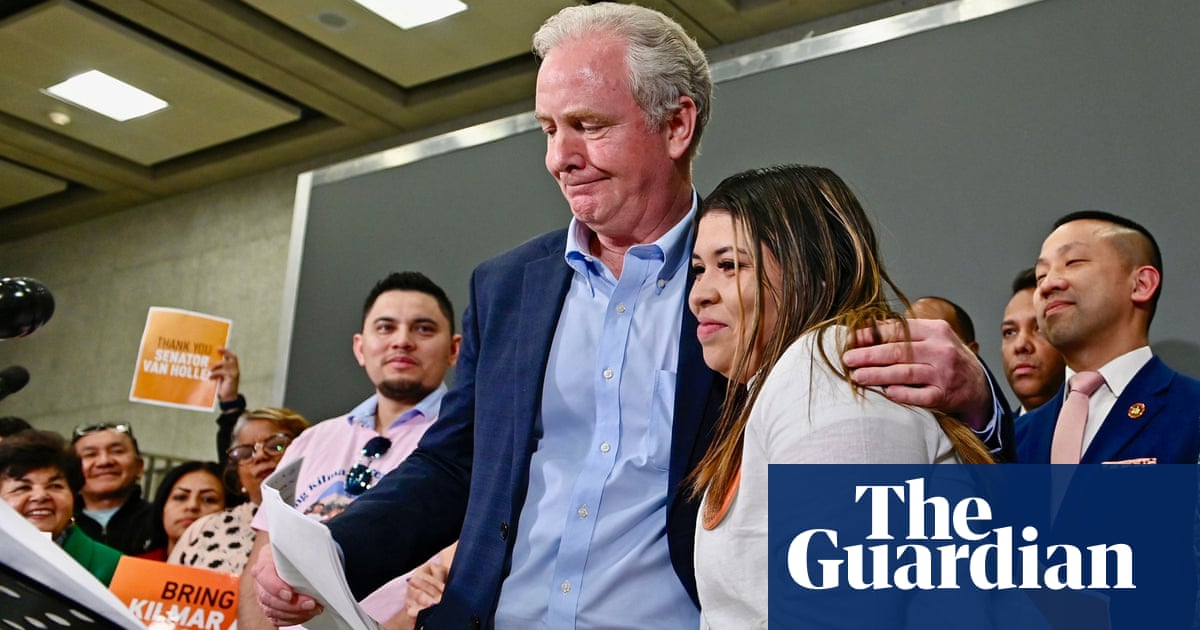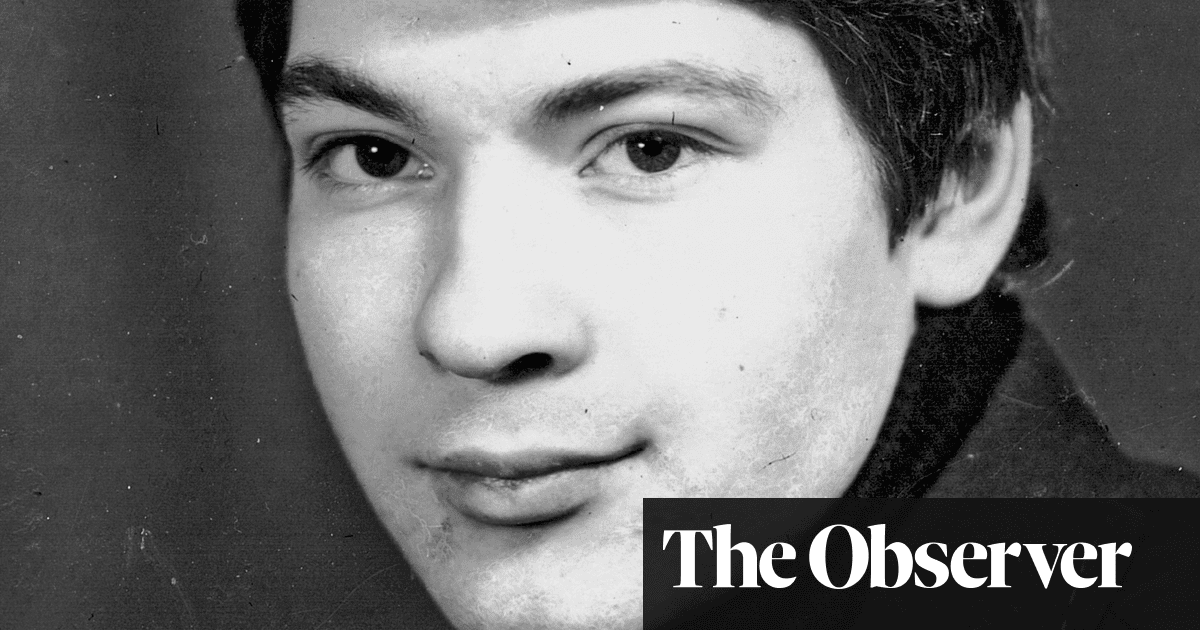In the recent past, Robert F Kennedy Jr has said that Donald Trump is “a terrible human being” and “probably a sociopath”. But in the US’s new age of irrationalism and chaos, these two men are now of one voice, pursuing a strand of Trumpist politics that sometimes feels strangely overlooked. With Trump once again in the White House and Kennedy ensconced as his health and human services secretary, what they are jointly leading is becoming clearer by the day: a war on science and knowledge that aims to replace them with the modern superstitions of conspiracy theory.
Nearly 2,000 members of the US’s National Academies of Sciences, Engineering, and Medicine have warned of “slashing funding for scientific agencies, terminating grants to scientists, defunding their laboratories, and hampering international scientific collaboration”. Even work on cancer is now under threat. But if you want to really understand the Trump regime’s monstrousness, consider where Kennedy and a gang of acolytes are heading on an issue that goes to the heart of millions of lives: autism.
Last Wednesday, Kennedy spoke at a press conference staged in response to a report about apparently rising rates of autism published by the US’s Centers for Disease Control and Prevention. And out it all came: an insistence that autism is an “epidemic” and a “preventable disease”, and – in complete defiance of the science – that the root cause lies with “environmental toxins”. A range of new studies, he said, will begin reporting back in September: with the same banality that defines his boss’s promises on international conflict and global economics, he told his audience that answers would be presented to the public “very, very quickly”.
Most of the people present would have been aware of Kennedy’s past support for the thoroughly discredited idea that autism is somehow linked to the use of vaccines. As he spoke, they were presumably reminded of the occasions when he has talked about autistic people with a mixture of disgust and complete ignorance. Autism, he said, “destroys” families; today’s autistic children “will never pay taxes. They’ll never hold a job. They’ll never play baseball. They’ll never write a poem. They’ll never go out on a date. Many of them will never use a toilet unassisted.” Those comments have rightly triggered a huge backlash. But what has been rather lacking is a broader critique of Kennedy’s ideas, and how they go deep into aspects of the US’s culture and politics.
As I explain in the book I have just written about my autistic son, James, I began my immersion in autism and the arguments that swirl around it 15 years ago, when he received his diagnosis from the NHS. That came amid visits from speech therapists and educational psychologists, and increasingly futile appointments with a paediatrician, who in effect told us to go away and manage as best we could. But straight away, I was also aware of a much more exotic subculture rooted in the US, based around the idea that autism could somehow be cured, and an array of regimens and pseudo-treatments.
The anxieties surrounding Andrew Wakefield’s disgraced work on a link between autism and the measles, mumps and rubella (MMR) jab were still easy to pick up. I read about “chelation”: injecting chemicals into the bloodstream, supposedly to remove the toxic preservatives used in vaccines from the body and send autism on its way. It was easy to find stuff about impossibly restrictive diets, and the terrifying notion of forcing people to drink diluted bleach. These ideas, moreover, came with claims of endless government cover-ups: proto-Maga stuff, which had long been snowballing online.
That said, the underlying logic of all this quackery was encouraged by much more mainstream voices. By and large, British campaigning and research tends to focus on what autism actually is, and how to make autistic lives better – whereas in the US, very powerful forces have seen autism as a disease. In 2006, President George W Bush signed a legislative package tellingly called the Combating Autism Act, hailed by one of its supporters as “a federal declaration of war on the epidemic of autism”. At that point, there were initiatives and organisations with names such as Cure Autism Now and Defeat Autism Now! All this had already spawned the autistic self-advocacy movement that continues to loudly contest such ideas, but its appeal obviously still lingers.
If I were in the US, I would now have two big worries. As well as constant attacks on the public sector that have already hacked back help for autistic people, there is a huge question about what Kennedy’s nonsense might mean for other areas of federal government policy, and the kind of MMR-style panics his “answers” on toxins might trigger. But some of those concerns also apply to the UK, thanks to the ease with which ideas travel, and how Trump and his allies influence politics across the world.
Kennedy’s pronouncements are not only about what causes autism; they also reflect an age-old perception of autism as an aberration, and many autistic people as “ineducable” and beyond help. This surely blurs into populists’ loathing of modern ideas about human difference: once you have declared war on diversity, an attack on the idea of neurodiversity will not be far away. It also chimes with one of the new right’s most pernicious elements: its constant insistence that everything is actually much simpler than it looks.
Which brings me to something it feels painful to have to write. Autism denotes a fantastically complicated set of human traits and qualities, but that does not make them any less real. It presents with and without learning disabilities, and can be synonymous with skills and talents. Its causes (if that is even the right word) are largely genetic, although careful research is focused on how those heritable aspects might sometimes – sometimes– intersect with factors during pregnancy, and with parental age. And obviously, those characterisations barely scratch the surface, which is some indication of the absurdity of Kennedy’s position, and how dangerous it is.
On this side of the Atlantic, there are very good reasons why many of us who have families with autistic members feel deep anxiety about the constant shunting of politics to the right. The care, education and official understanding of the people we love and sometimes look after is fragile enough already: what would happen if their fate was in the hands of the Trumpist know-nothings of Reform UK, or Alternative für Deutschland? The American tragedy unfolding in front of our eyes shows the future we now have to avoid, and the kind of people we may have to fight, who will not just be arrogant and inhumane, but set on taking us back to a failed past: terrible human beings, you might call them.

 6 hours ago
7
6 hours ago
7





